The Frente Chubut corridor, in Argentina, is a vital region for marine primary production.
The establishment of a marine protected area called “Frente Valdés” is underway. Although a preliminary boundary for this area was proposed in 2022, it is essential to consider the impacts of climate change on various oceanic indicators to understand the evolution of biodiversity hotspots, and adjust the protected area accordingly.
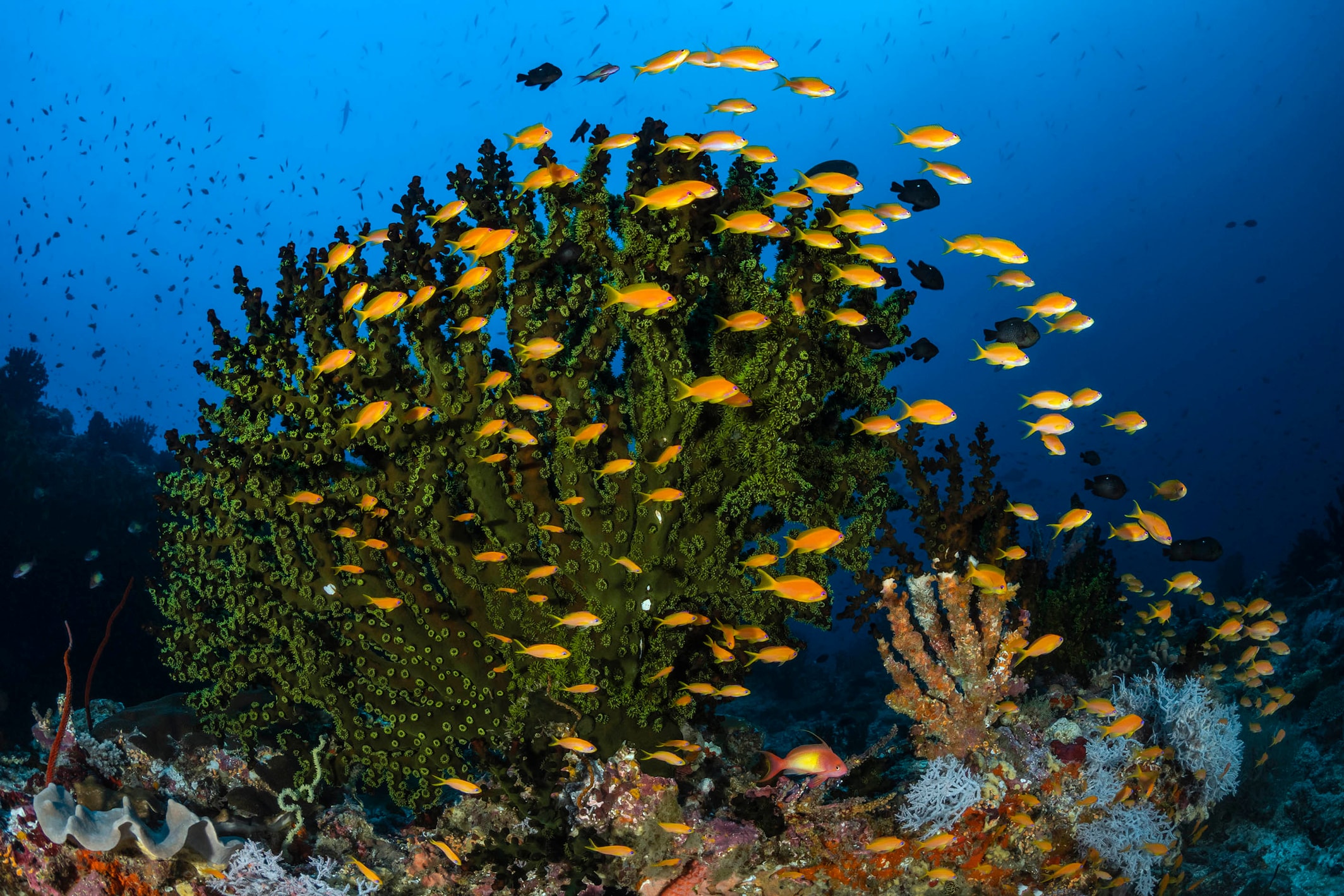
Biodiversity is essential for the health of ecosystems. While a single species can't measure biodiversity, the presence of key species vital for maintaining ecosystem balance can indicate the ecosystem's overall health.
Magellanic penguins are an emblematic species along the Patagonian coasts. As major predators of small fish, especially anchovies, their high sensitivity to environmental changes makes their conservation status an excellent indicator of marine ecosystem health.
Lobelia analyzed penguin location data provided by the Global Penguin Society to understand the relationship between penguin habitats and oceanic properties, enabling the identification of the optimal conditions for their survival, creating maps that identify the most suitable habitats for Magellanic penguins.
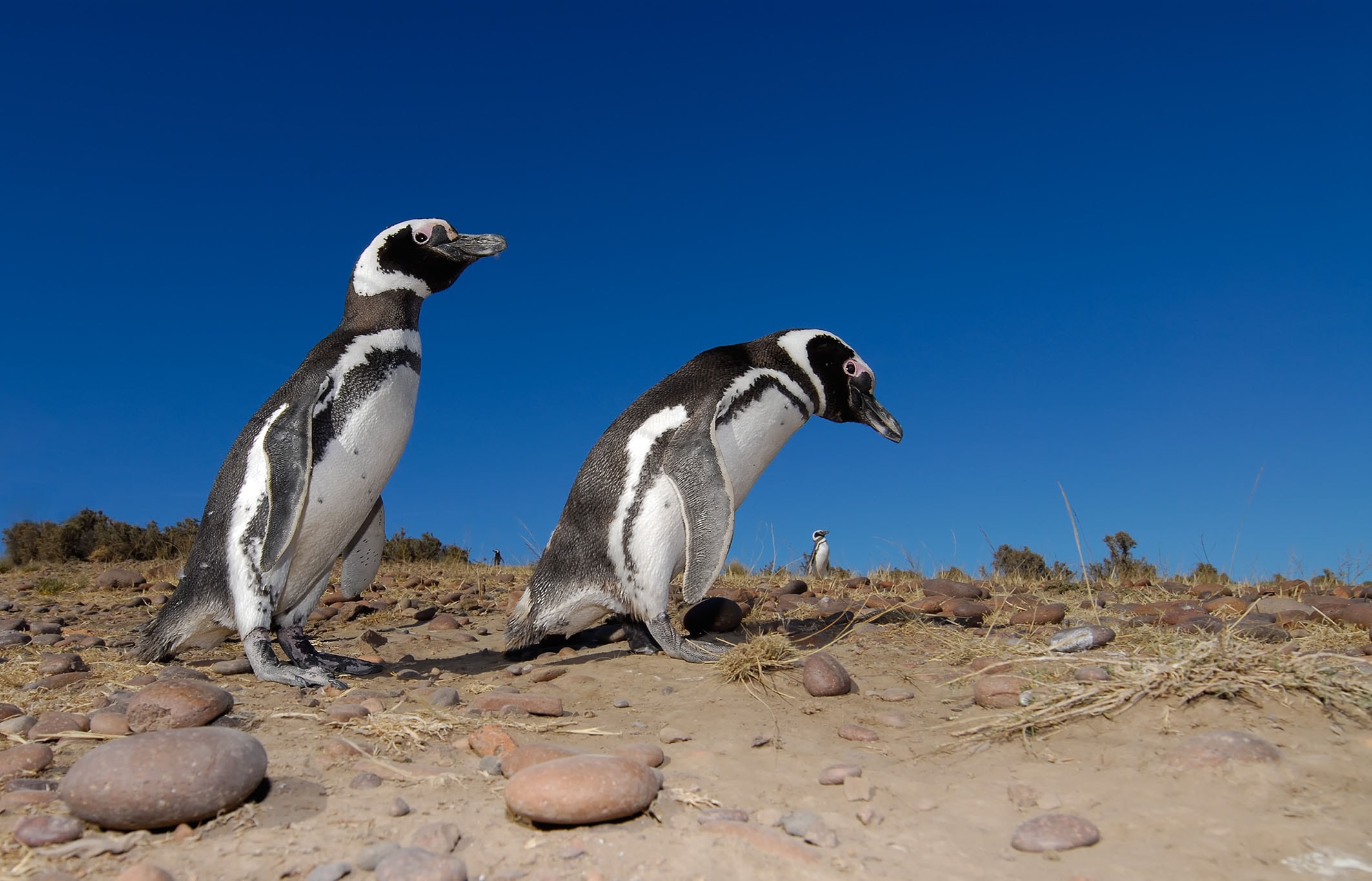
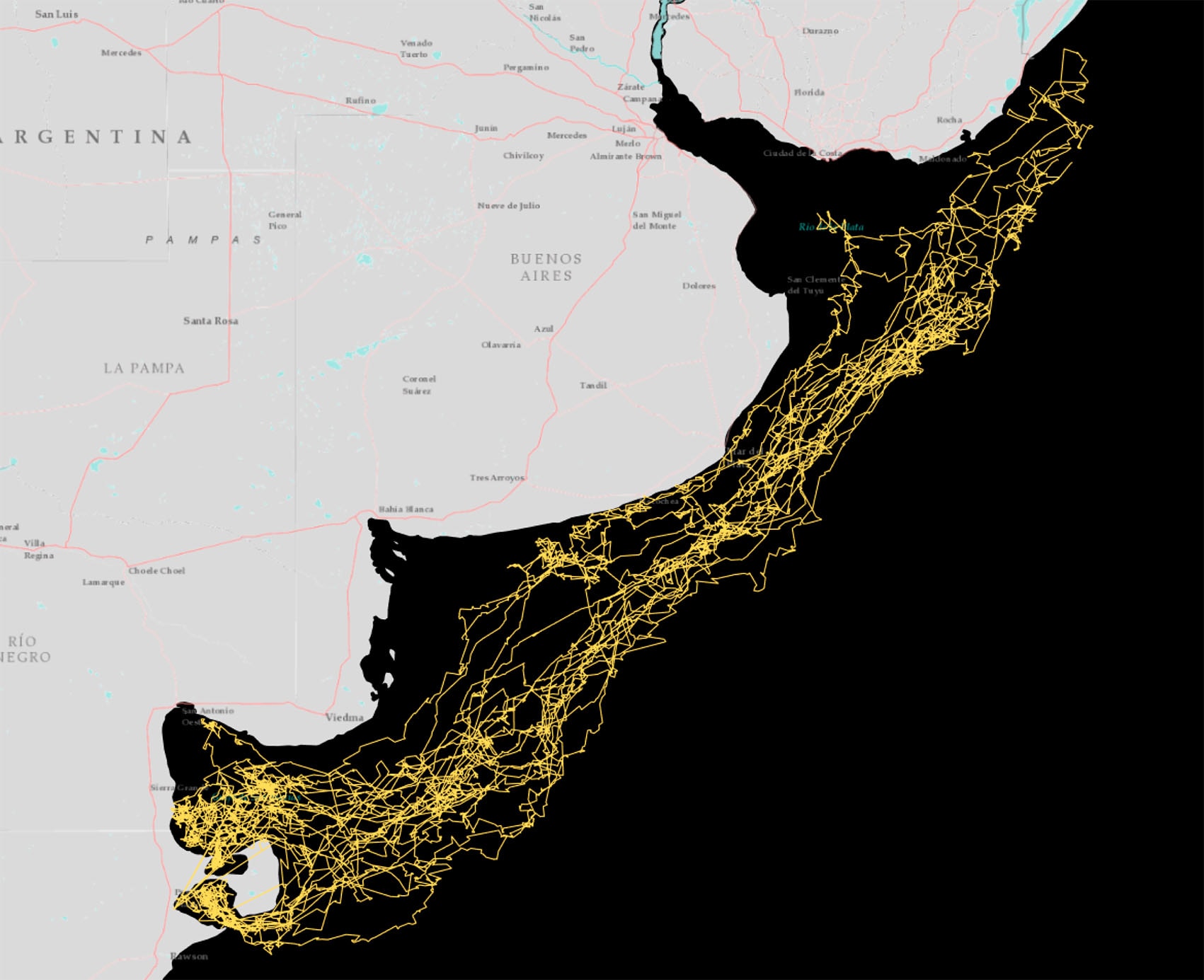
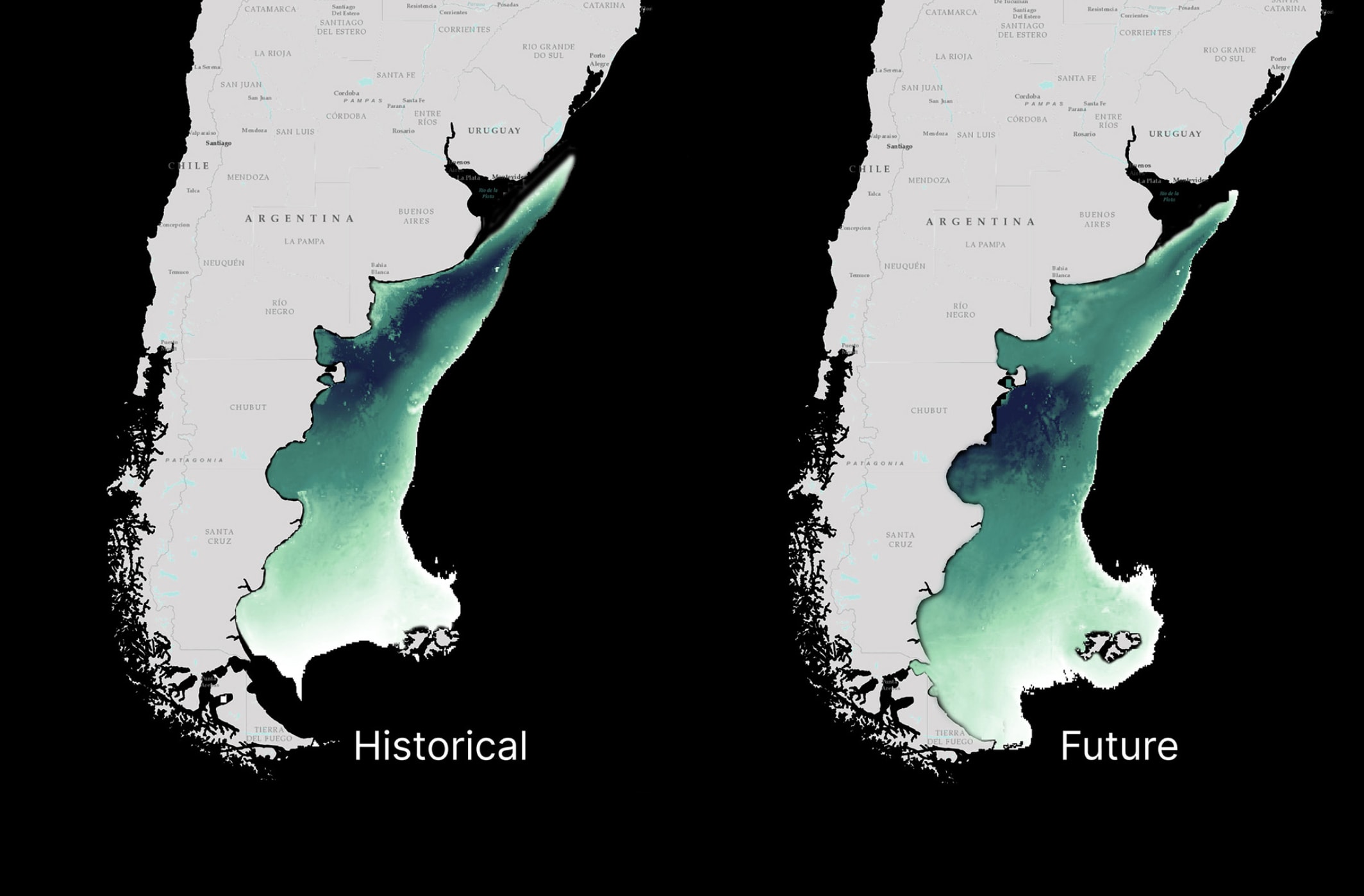
Oceanic properties can be derived from satellites and used to identify areas of high value for ocean life.
Phytoplankton, a type of micro algae, is commonly used to assess marine biodiversity and ecosystem health.
Optical satellites can detect the green pigment of chlorophyll a, and measure the abundance of these algae, that are at the base of the marine food chain.
Satellite data can also capture a range of chemical and physical properties, including temperature or salinity, which are essential indicators of habitat suitability for marine biodiversity.
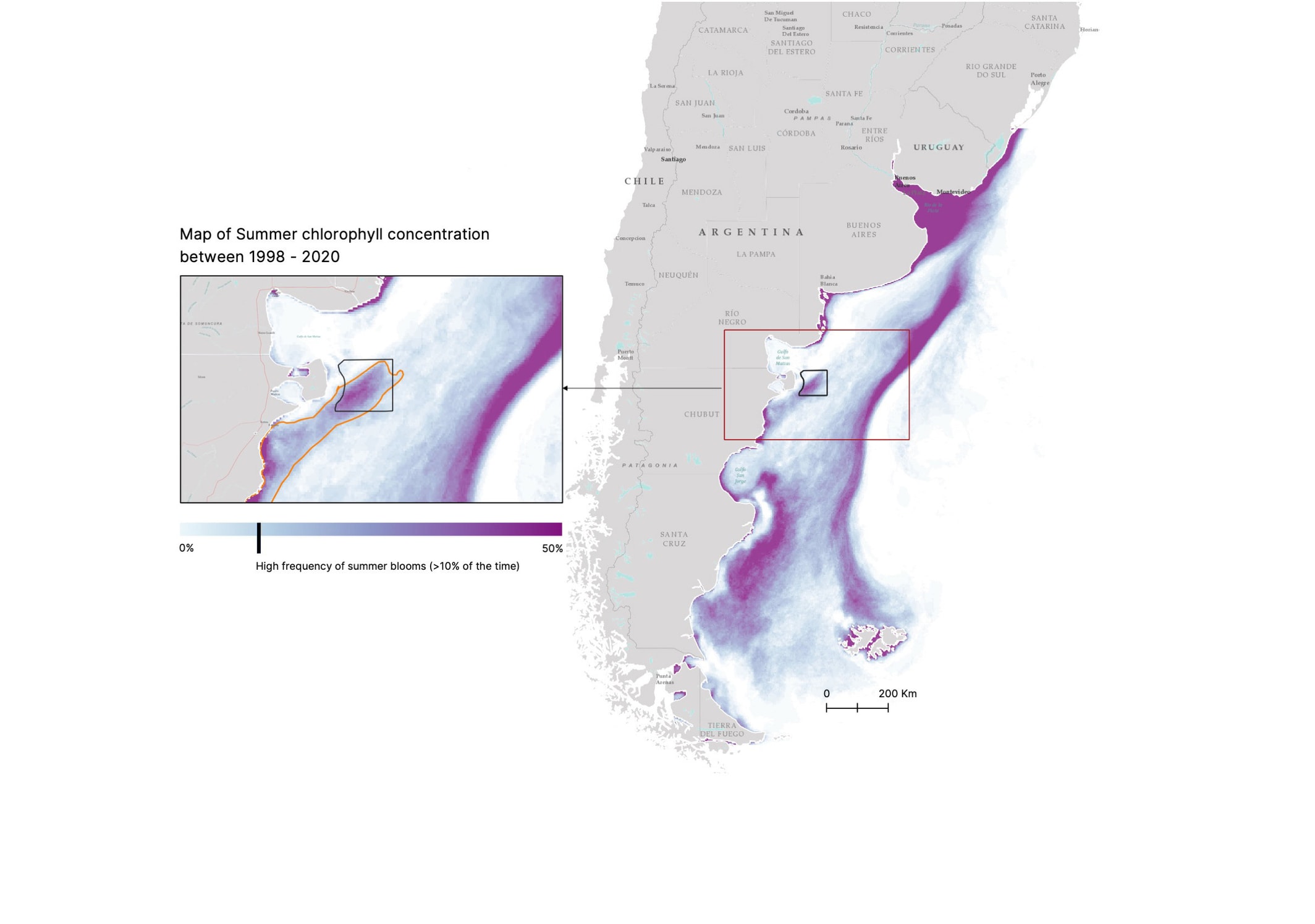
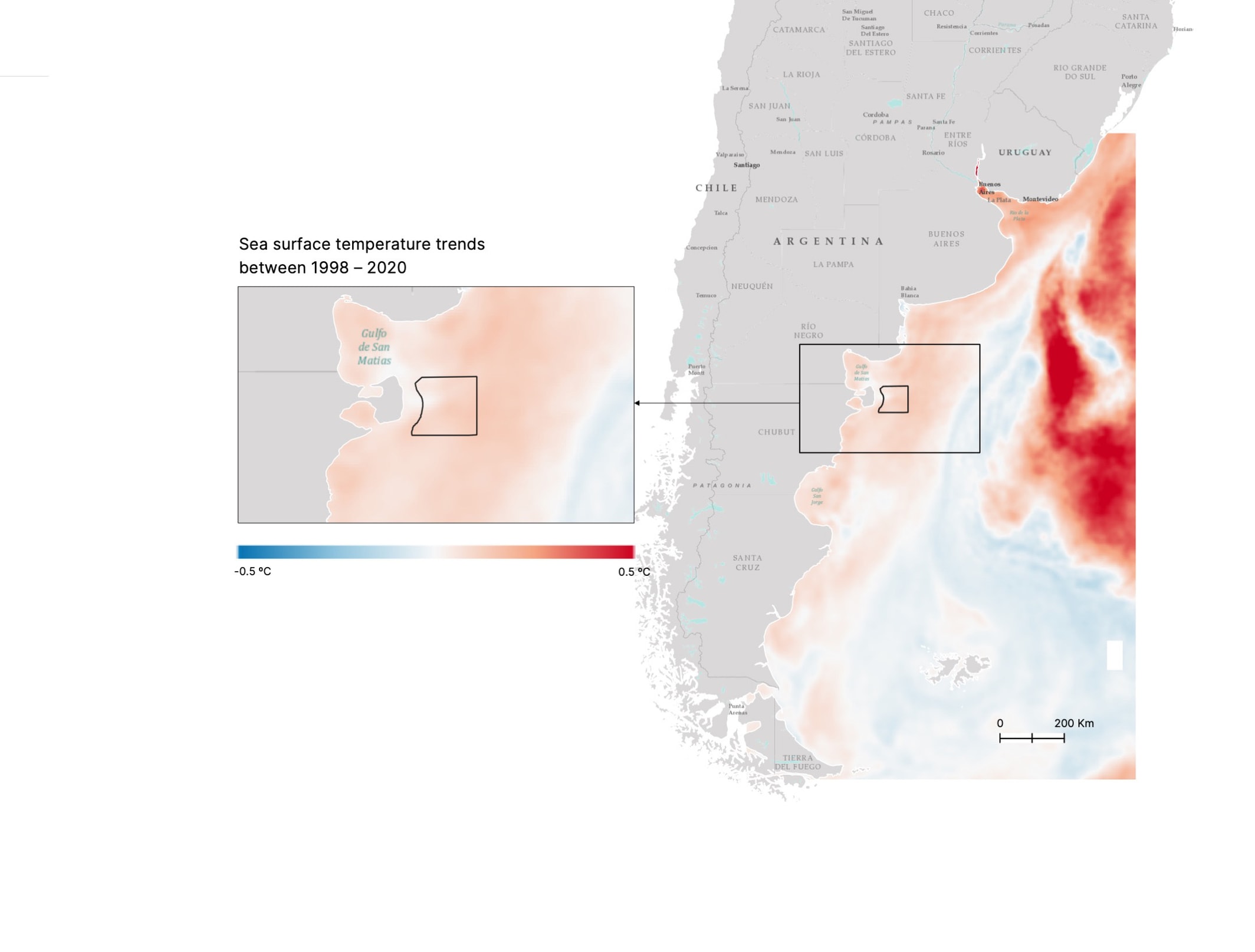
Based on annual fishing hours dataset obtained from the Global Fishing Watch, Lobelia compared past fishing pressure and recent activity.
The analysis shows an increase in the fishing pressure hours surrounding the proposed Marine Protected Area. In the southwest of the area, a decrease is observed, showing potential for protection along this area.
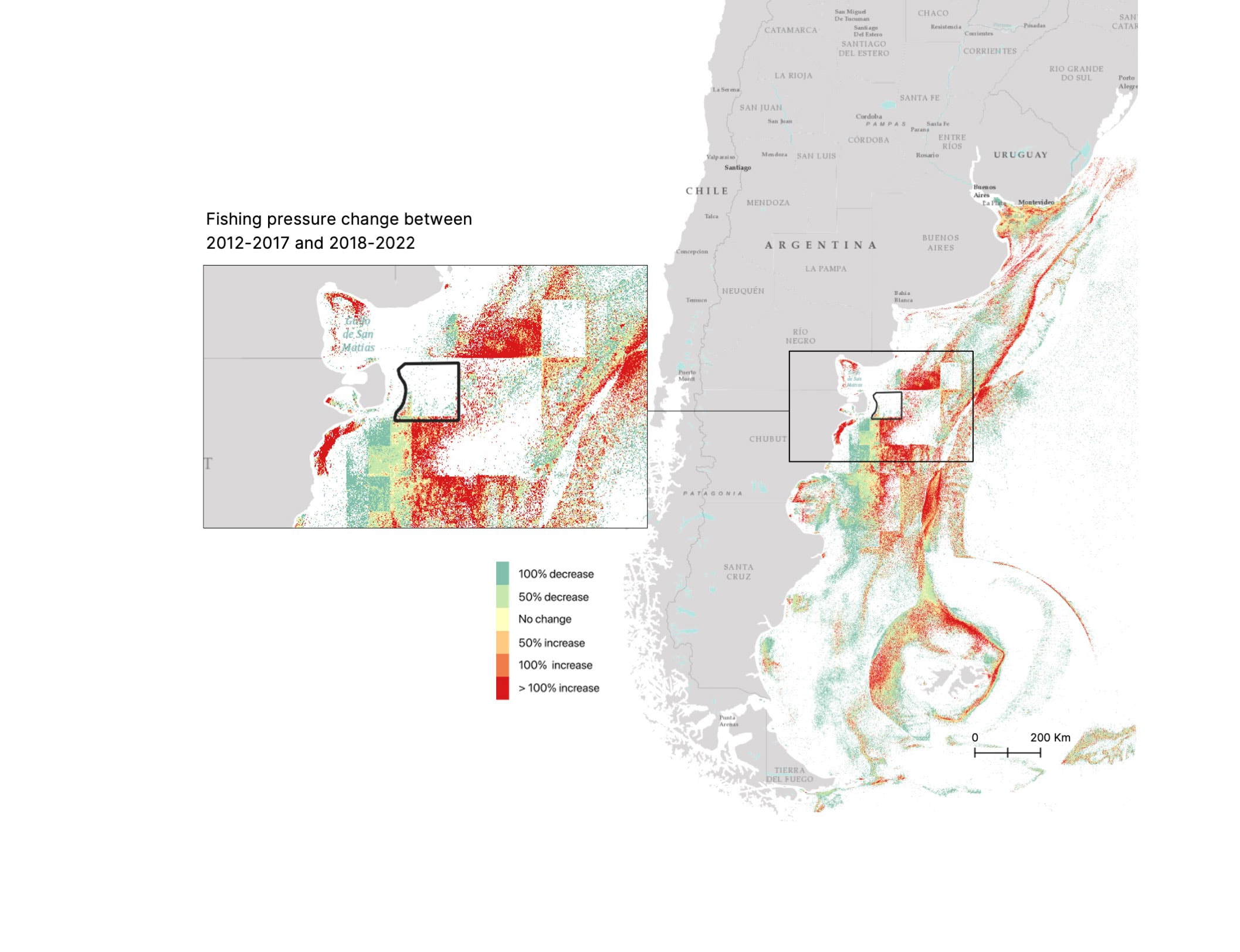
Climate projections can assess how ocean properties will change in the future.
The projections for oceanic variables were combined with the previously established optimal conditions for Magellanic penguins to map the most suitable areas for penguins in the future.
Combining current and future suitable areas identifies the region most favourable for effective long-term penguin protection.
This region urgently needs safeguarding for the present and future of oceanic ecosystems in Frente Valdés.
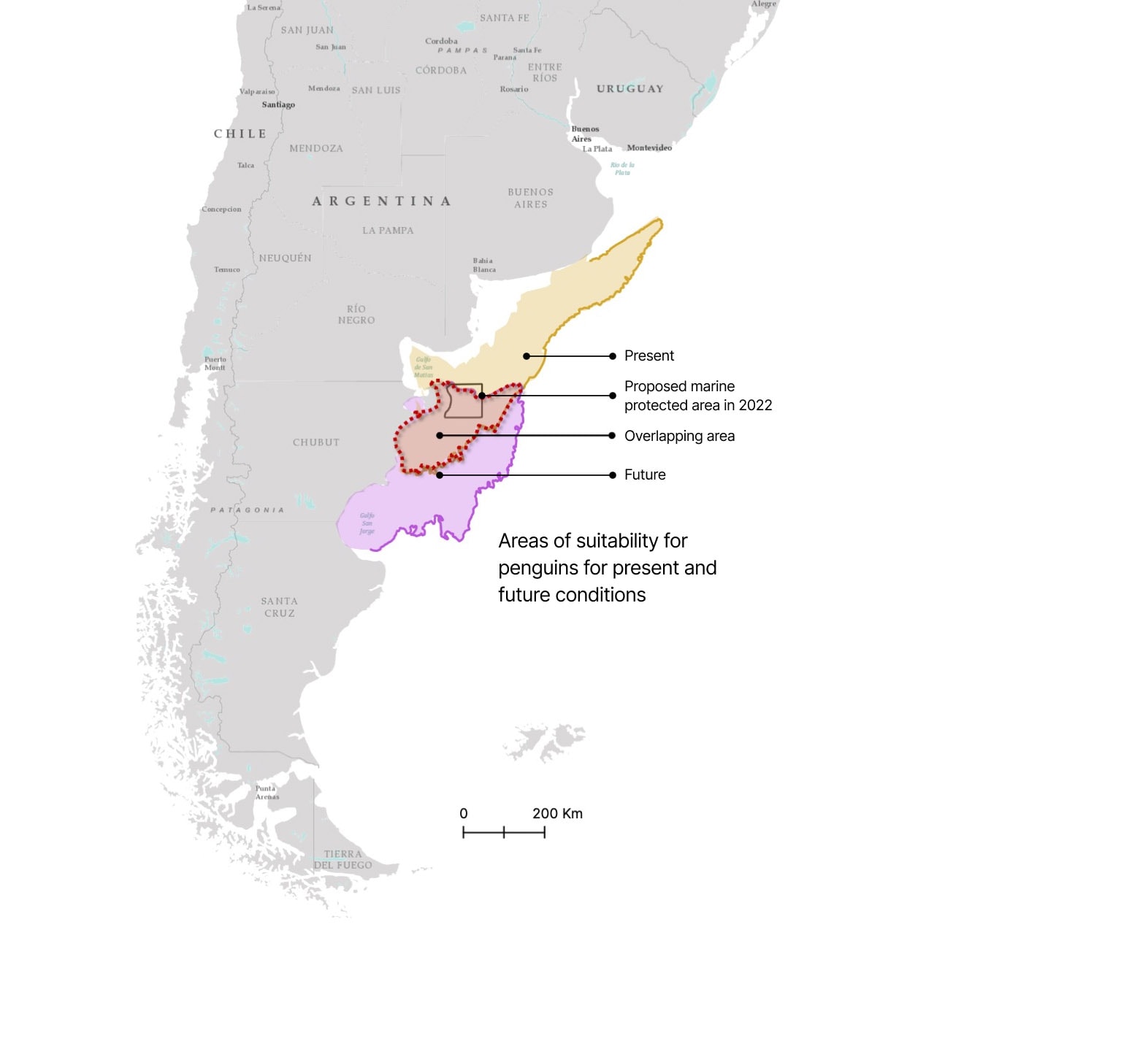
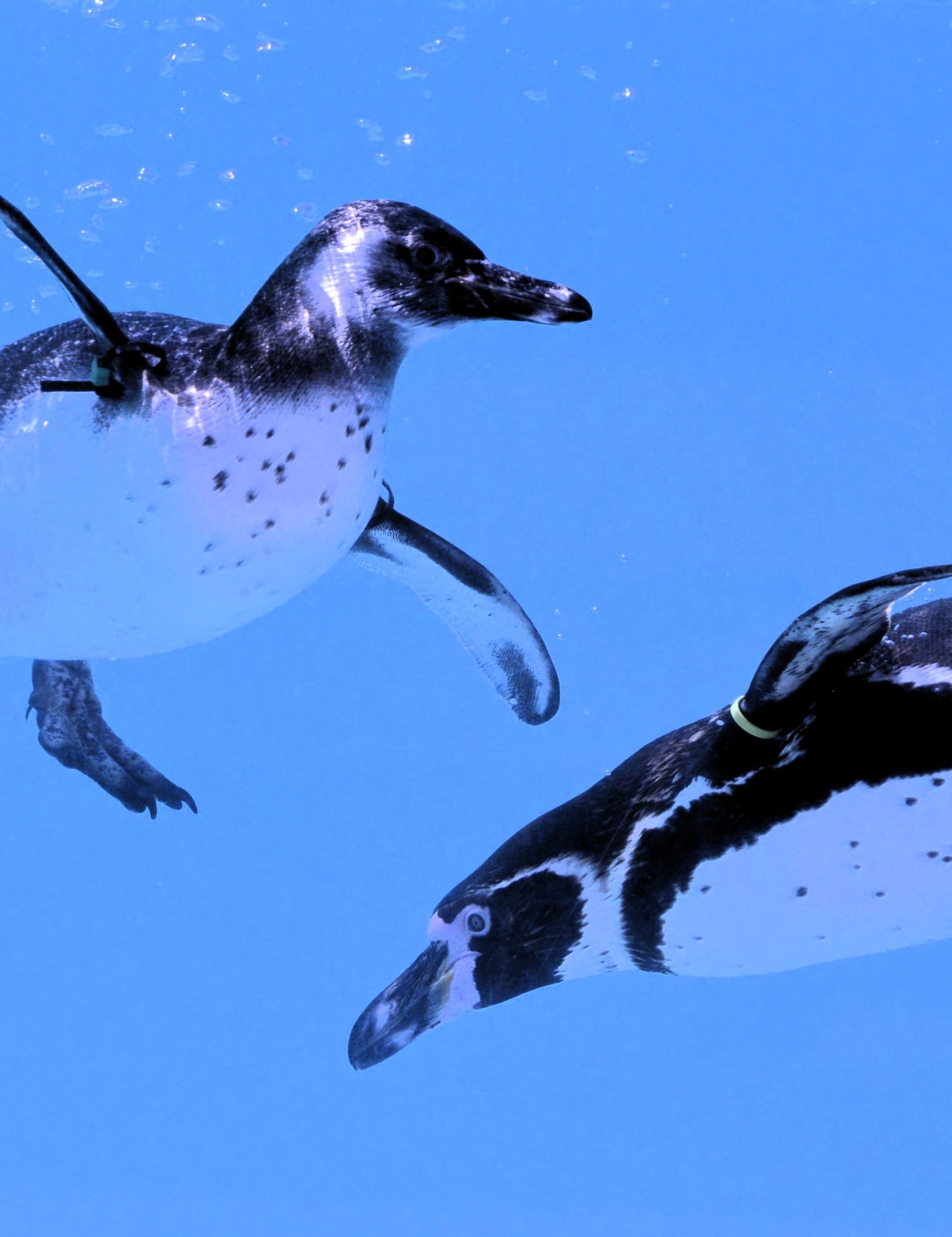
Are you interested in marine conservation and want to learn more on future climate impact?
Lobelia can provide you with satellite and climate knowledge. Contact us to know more.